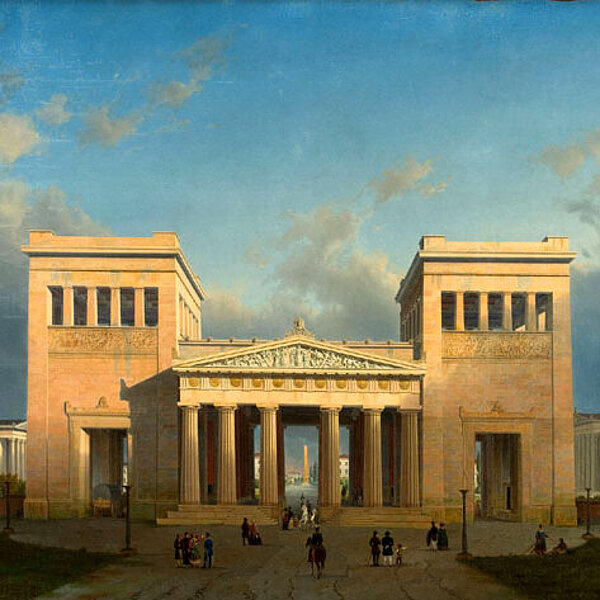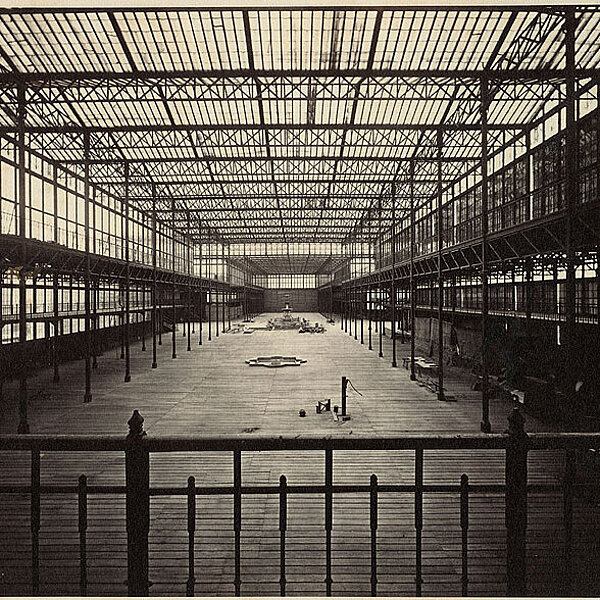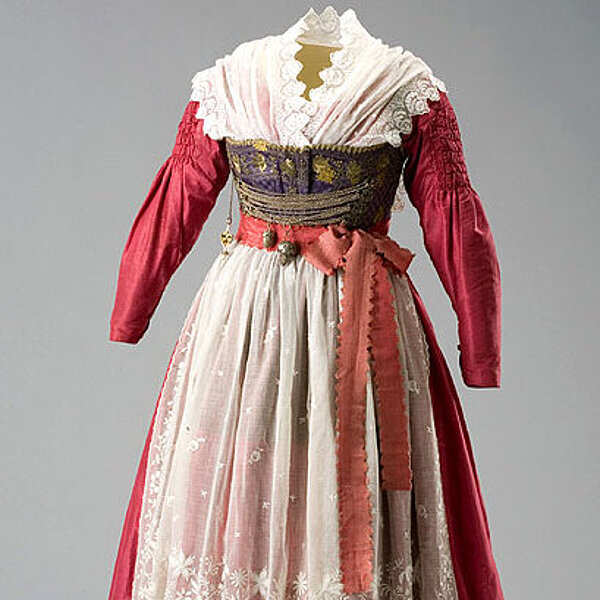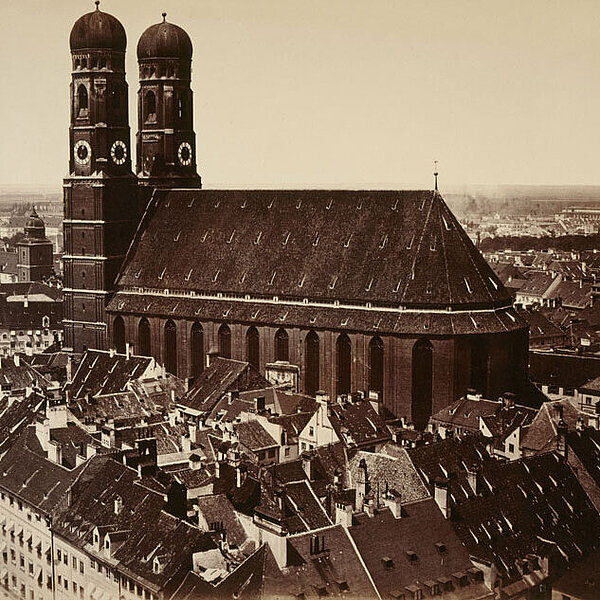New Munich
With his decision to dismantle the old city walls in 1791, Elector Karl Theodor set the stage for a “New Munich”. This idea was prompted by changes in the political landscape, with the Kingdom of Bavaria being proclaimed in 1806 and Munich designated as its capital. During the reigns of Maximilian I Joseph, Ludwig I und Maximilian II, Munich flourished – evolving into a prestigious seat of royalty that also boasted its own university. Frequently ascribed to the city, the epithet "Athens on the Isar River" has become synonymous with an array of artists and scholars who made the city famous. These, however, were members of the royal court rather than citizens of Munich. This distinction may seem insignificant to us today but – back then – it represented an almost insurmountable divide.
Themes explored in Königssaal
The king’s effigies – The Canaletto view – The invention of the Old Town (Adamsaal) – The Biedermeier style and “Biedermeierism” – Edlinger north face – Munich heads – Athens on the Isar river– City of typhoid – Disasters: The tower wardens and the “elephant disaster” – Lola Montez – Munich beauties – Theresienwiese meadow – Foundry – Glass and steel – Nymphenburg porcelain – Victuals – The Isar River
Plan Your Visit
Opening hours
Although the Münchner Stadtmuseum's exhibitions closed on January 8, 2024, for a complete renovation, the cinema and the Stadtcafé will remain open to visitors until June 2027.
Information to Von Parish Costume Library in Nymphenburg
Filmmuseum München – Screenings
Tuesday / Wednesday 6.30 pm and 9 pm
Thursday 7 pm
Friday / Saturday 6 pm and 9 pm
Sunday 6 pm
Contact
St.-Jakobs-Platz 1
80331 München
Phone +49-(0)89-233-22370
Fax +49-(0)89-233-25033
E-Mail stadtmuseum(at)muenchen.de
E-Mail filmmuseum(at)muenchen.de
Ticket reservation Phone +49-(0)89-233-24150




